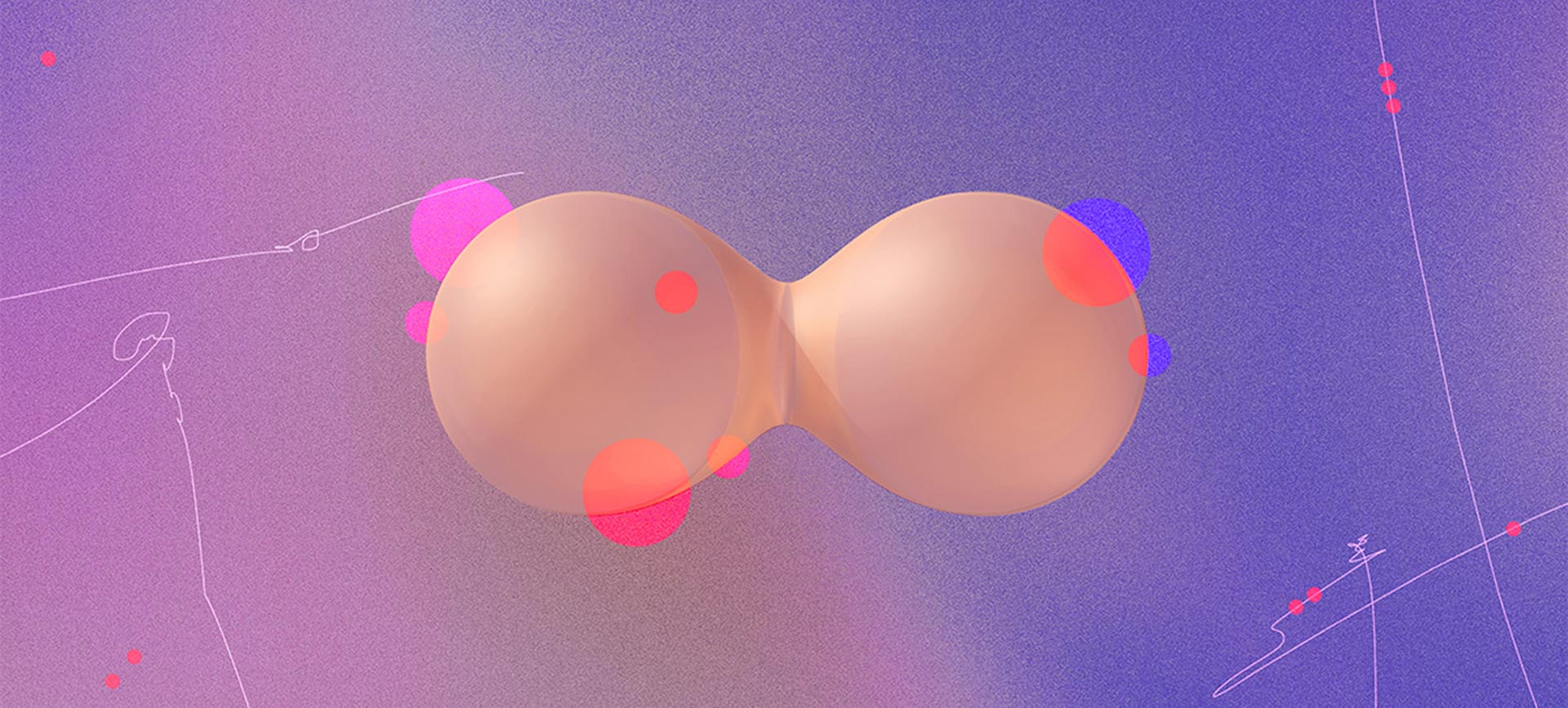While in Europe, I noticed a lump on my testicle but brushed off the feeling that "something wasn't right." I wasn't privy to the facts about testicular cancer or its early warning signs. Nobody in my family had experienced the disease or communicated the importance of a self-exam.
I didn't know it was the most common cancer in males ages 15 to 35. The average age at diagnosis is 33, and about 6 percent of cases occur in children and teenagers.
In a brilliant move, I let months go by without addressing that lump. Subsequently, I found myself experiencing back pain, fatigue and a substantial decrease in my cycling performance. The team finally flew me back to the United States to see a doctor to figure out what was going on.
It was testicular cancer.
When the doctor uttered those three words, "You have cancer," my mind immediately started to race. The first question that should have flown through my teenage brain was "Am I going to die?" It wasn't. My mind flashed from "Is my cycling career over?" to "Am I going to miss the U.S.A. National Championships next week?"
I was more worried about what I was going to miss out on than dying and the repercussions a cancer diagnosis could bring. I realize that is likely due to teenage naivete, not knowing the reality or gravity of the situation, but that was my thought process (and it is likely the same for many people diagnosed at a young age).









